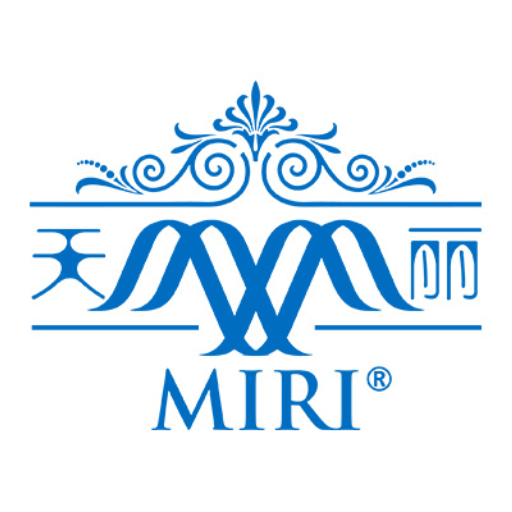Menopause: Natural Solutions for a Smoother Transition
Menopause is a natural biological process that marks the end of a woman’s reproductive years, typically occurring between ages 45-55. While it’s a normal transition, the accompanying symptoms can significantly impact quality of life. From hot flashes to mood swings and sleep disturbances, understanding how to manage these changes naturally can make this phase of life more comfortable and even empowering.
Understanding Menopause Symptoms
The hormonal fluctuations during menopause can cause a wide range of symptoms. The most common include hot flashes (sudden feelings of warmth spreading through the body), night sweats, vaginal dryness, sleep disturbances, emotional changes like mood swings or irritability, and changes in sexual desire. Some women also experience weight gain, thinning hair, and dry skin. These symptoms occur as estrogen and progesterone levels decline, affecting nearly every system in the body.
For a deeper dive into menopausal changes, check out our comprehensive guide on understanding menopause symptoms and natural relief.
Natural Approaches to Menopause Management
Dietary Adjustments
What you eat can significantly impact menopause symptoms. Focus on calcium-rich foods for bone health, phytoestrogen-containing foods like soy and flaxseeds, and plenty of fruits and vegetables. Limit caffeine and alcohol, which can trigger hot flashes, and reduce processed foods that may exacerbate mood swings. Staying hydrated is especially important as hormonal changes can increase water loss.
Herbal Support
Many women find relief with herbal remedies. Black cohosh may help with hot flashes, while red clover contains plant estrogens that mimic the body’s natural hormones. Our Miri Feminine Essence combines Pueraria Mirifica and other natural herbs to help balance hormones and relieve menopausal symptoms while supporting feminine vitality.
Exercise and Stress Management
Regular physical activity helps maintain weight, boosts mood, improves sleep, and strengthens bones. Combine cardio, strength training, and flexibility exercises. Stress-reduction techniques like yoga, meditation, or deep breathing can help manage mood swings and anxiety that often accompany menopause. Even simple mindfulness practices can make a significant difference.
Beauty and Self-Care During Menopause
The hormonal changes of menopause affect your skin and hair as well. Skin may become drier and lose elasticity due to decreased collagen production. Consider adding a collagen supplement like Miri Collagen Protein to support skin hydration and elasticity. For hair care, gentle products and scalp massages can help with thinning hair.
Our article on menopause and skincare offers more detailed tips for maintaining radiant skin during this transition.
Embracing the Change
While menopause marks an ending, it also signifies new beginnings. Many women find this stage liberating, free from menstrual concerns and with more time to focus on personal growth. Connecting with other women going through similar experiences can provide valuable support. Remember that every woman’s menopause journey is unique – what works for one may not work for another, so be patient as you find what helps you thrive.
For additional support in navigating this transition, explore our guide on natural approaches to menopause wellness.
